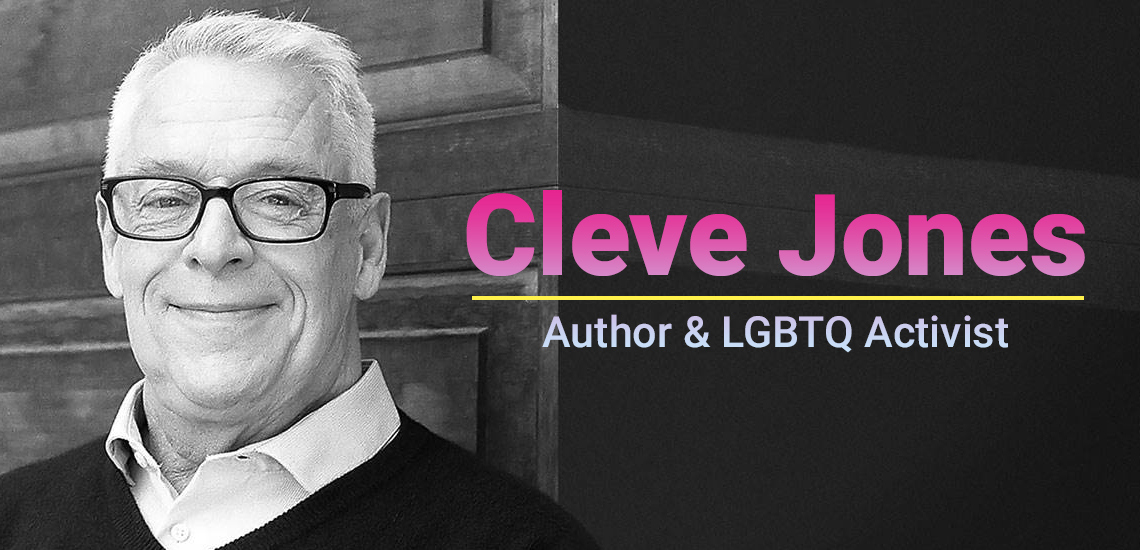LGBTQ Activist Cleve Jones Featured in a "New York Times" Article on the Disappearance of ‘Gayborhoods’
26 Jul 2022

After nearly 50 years of living in the Castro in San Francisco, Author and LGBTQ Activist Cleve Jones is moving from his beloved neighborhood. And that, according to a recent article in The New York Times, is happening across the country as “Gayborhoods” are losing LGBTQ residents. Jones was prominently featured in the article, which focused on why so many are choosing to move from their “gayborhoods.” Many are looking for less expensive areas as neighborhoods become gentrified, while others are finding greener pastures with more amenities in communities that are more accepting than in the past.
Jones’ move is not only sad for himself but also heartbreaking for the Castro. No one represents this neighborhood more than the longtime activist, who has been priced out of his current apartment with more than a 100% increase in rent and will be living in a small house in Sonoma County, California. Jones came to advocacy through his own struggle as a gay man born in the mid-1950s.
As a teen runaway, he was drawn to the progressive life and politics and of San Francisco in the early 1970s. It was there that he met Harvey Milk, the nation’s most outspoken gay elected official. Jones worked in Milk’s City Hall office as an intern until Milk’s assassination in 1978.
With the onset of the AIDS epidemic, Jones rose up to organize the gay community and raise awareness, co-founding the San Francisco AIDS Foundation (SAF) in 1983. Unlike the movements of today which rely heavily on digital marketing and social media, Jones grew the SAF into one of the largest and most influential advocacy organizations of its kind through grassroots efforts.
In 1987, he founded the NAMES Project AIDS Memorial Quilt, the world’s largest community arts project, memorializing the lives of more than 85,000 Americans. Jones’s first book, Stitching a Revolution: The Making of an Activist chronicles his life and how the AIDS Memorial Quilt project sought to restore hope in a time of tragedy and fear. He is also the author of When We Rise: My Life in the Movement.
Jones led the 2009 National March for Equality in Washington D.C. and also served on the Advisory Board of the American Foundation for Equal rights, which challenged California’s Proposition 8 in the U.S. Supreme Court, winning a landmark victory for marriage equality.
Since 2005, Jones has been a Community and Political Coordinator with UNITE HERE, a labor union that represents 270,000 working people across Canada and the United States in the hotel, gaming, food service, manufacturing, textile, distribution, laundry, transportation and airport industries.
“Gayborhoods are going away,” Jones said in his interview with the Times. “People need to pay attention to this. When people are dispersed, when they no longer live in geographic concentrations, when they no longer inhabit specific precincts, we lose a lot. We lose political power. We lose the ability to elect our own and defeat our enemies.”
